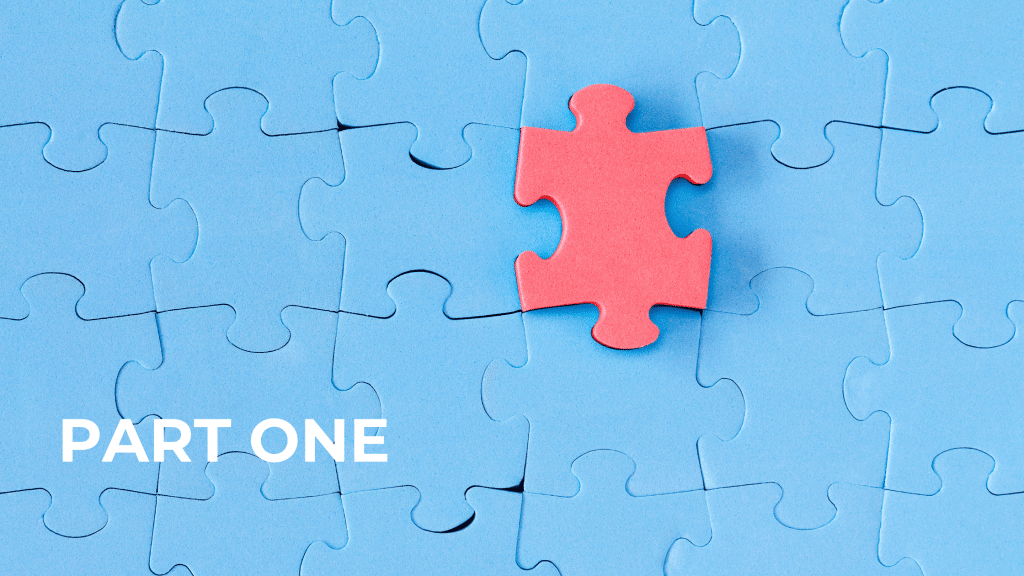Recently, I tried to check in to conference-organised accommodation and discovered the hotel had no idea who I was, and the hotel was full.
Luckily, I had the Conference Organiser’s mobile number, but that’s when the real frustration began.
I did get an apology that they’d missed my booking and failed to respond to the two emails I sent before I arrived.
However, I was standing at reception, needing three nights’ accommodation I’d already paid for and was expected to pay for higher-priced accommodation elsewhere and hope the Conference Organiser refunded me the difference plus the accommodation for which I’d already paid.
Unfortunately for the Conference Organiser, I was not prepared to make his life as easy as possible, which he clearly expected. His response made it clear he thought I was being unreasonable. If I had been prepared to ignore reasonable boundaries to avoid conflict, I might have agreed with him.
After more than an hour and many phone calls with the Conference Organiser later, l finally had a room in the original hotel despite the Conference Organiser’s efforts.
So, where did the Conference Organiser go wrong?
He assumed his way was the only way and failed to explore the issue from anyone else’s perspective.
He also had what Stanford psychologist Carol Dweck would call a fixed mindset. He gave up or looked for the easiest way out when faced with obstacles and was more focused on responding based on his fixed sense of self rather than using the situation to learn and grow.

Apart from the appalling customer service, it was like he was driving with blinders on, only able to see his perspective and ignoring all the other opportunities to resolve the problem.
Thankfully, someone else asked the hotel curious questions and discovered that a room could be made available. That person persisted in the face of obstacles, used his curiosity to learn how the challenge could be overcome, and discovered a useful insight about hotel bookings he can use when he convenes next year’s conference. He had what Carol Dweck would call a growth mindset.
The Conference Organiser may never have heard the Dalai Lama say “When you talk, you are only repeating what you already know. But if you listen, you may learn something new.”
So, if you ever find yourself in a similar situation:
⦁ Know your personal boundaries and test them for reasonableness.
⦁ Look at the situation from the other person’s perspective and consider what is influencing how they’re responding.
⦁ Be prepared to adapt and be flexible – know what you’re prepared to give on and your non-negotiables.
⦁ Accept conflict is sometimes necessary to find a reasonable solution i.e. conflict about options rather than the personal attributes of the people involved.
⦁ Ask curious questions, followed by more curious questions.







